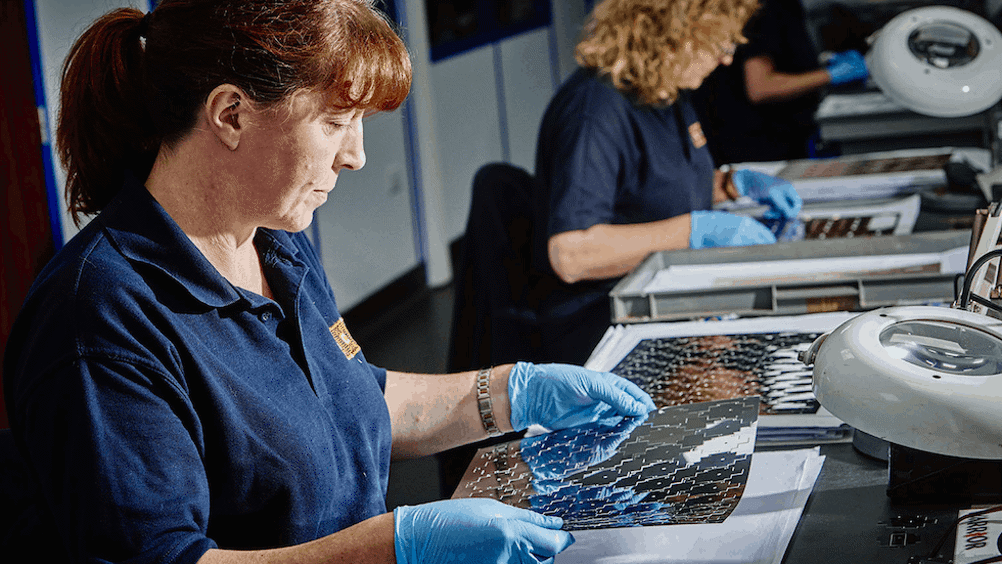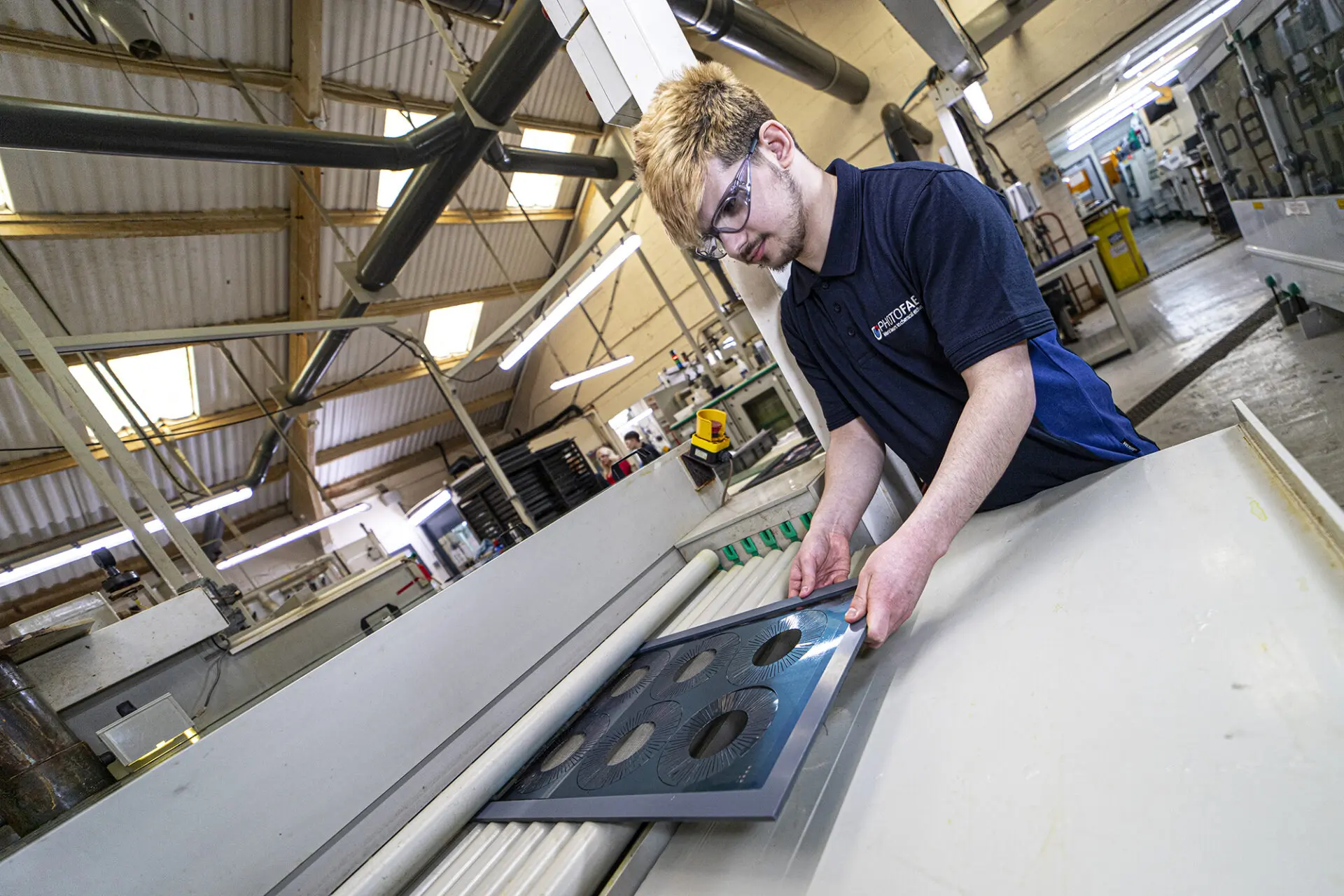In the realm of modern manufacturing, precision and innovation are key. One technology that plays a pivotal role in shaping industries is chemical etching. This article delves into chemical etching services and how they transform various sectors.
Chemical etching, also known as chemical milling or photochemical machining, is a subtractive manufacturing process that employs chemicals to selectively remove material from a metal sheet or other substrate. The chemical etching services process creates intricate, precise patterns on the material’s surface.
The Process
- Phototool Creation:A phototool, which acts as a stencil, is designed with the desired pattern.
- Cleaning and Preparation: The metal sheet is thoroughly cleaned to remove contaminants.
- Lamination: The photo tool is laminated onto the metal substrate.
- Exposure to UV Light: The assembly is exposed to UV light, hardening the phototool’s image on the metal.
- Development: Unexposed areas of the metal are chemically removed, leaving the desired pattern.
- Etching: The metal is exposed to a chemical solution that dissolves the unprotected areas.
- Rinsing and Drying: The final piece is rinsed and dried, completing the process.

Industries Transformed by Chemical Etching
- Aerospace and Defense:In the aerospace and defense sectors, precision is paramount. Chemical etching allows for creation of lightweight yet durable components used in aircraft, missiles, and other critical applications.
- Electronics:Electronic devices continue to shrink in size while increasing in functionality. Chemical etching is instrumental in manufacturing intricate circuit boards, ensuring reliability and performance.
- Medical Devices:The medical industry relies on chemical etching to produce finely detailed surgical instruments, implants, and diagnostic tools. The biocompatible materials used are safe and effective.
- Automotive: From fuel injection nozzles to intricate engine components, the automotive industry benefits from chemical etching’s ability to create complex and precise parts.
- Consumer Goods:Chemical etching contributes to the production of everyday items like decorative metal jewelry, creating intricate designs with ease.
Advantages of Chemical Etching
- Precision:Chemical etching achieves unparalleled precision, allowing for the creation of intricate designs and patterns with tight tolerances.
- Cost-Effective: Chemical etching is often more cost-effective than traditional machining methods, especially for small to medium production runs.
- Versatility:It can be applied to various materials, including stainless steel, copper, brass, and aluminum.
- Rapid Prototyping:Chemical etching facilitates quick prototyping, reducing time-to-market for new products.
Conclusion
Chemical etching services drive innovation and precision in various industries, from aerospace to consumer goods. As technology advances and environmental concerns grow, this versatile manufacturing method continues to evolve. Embracing chemical etching is not just a step forward in manufacturing; it’s a leap into a future where precision and sustainability go hand in hand.
